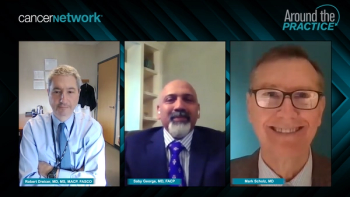
Looking toward the future management of metastatic HSPC, experts consider the results of triplet combination trials like ARASENS and PEACE-1.

Your AI-Trained Oncology Knowledge Connection!


Looking toward the future management of metastatic HSPC, experts consider the results of triplet combination trials like ARASENS and PEACE-1.

Expert perspectives on optimal genomic testing practices in patients with prostate cancer.
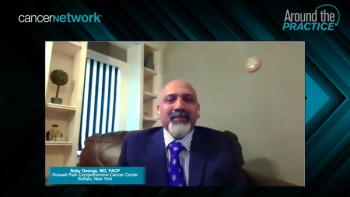
Discussion on the selection of therapy for a patient with metastatic HSPC in the context of available agents and FDA approvals.
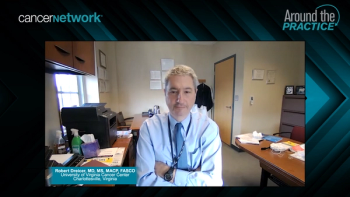
Switching to a patient scenario of metastatic hormone-sensitive prostate cancer, experts discuss which therapeutic approach they would undertake.

A brief discussion on the role of PSMA-targeted therapy’s role in managing patients with nonmetastatic castration-resistant prostate cancer.

Shared insight on the selection of specific androgen receptor inhibitors for patients with nonmetastatic castration-resistant prostate cancer.

Centering the discussion around a patient with nonmetastatic castration-resistant prostate cancer, experts share insight on optimal work-up and testing.

Expert perspectives on the use of LHRH agonists versus antagonists in the management of prostate cancer.

A comprehensive overview on androgen-deprivation therapy in prostate cancer and the various therapeutic agents it consists of.

Ahead of the 2013 ASCO meeting we highlight some of this year's prostate cancer sessions, many of which focus on how best to use the new agents that have been approved recently, as well as looking into new drugs and combinations presented from early trials.

Advanced urothelial cancer remains, along with pancreatic cancer, one of the last solid tumors for which essentially no progress has been made for 25 years. It’s time to think out of the box, and to develop novel and creative ways of overcoming the real, but not insurmountable, logistical challenges to carrying out the needed clinical trials.

After several decades with only modest changes in the therapeutic paradigm, rapid progress in understanding the biology of advanced prostate cancer has been translated into more accurate terminology, such as “castration-resistant” (as opposed to “hormone-refractory” or “androgen-independent”) prostate cancer, as well as clinically meaningful therapeutic developments.
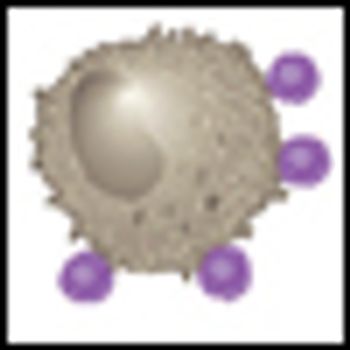
Prostate cancer is the second-leading cause of death in men in the United States; more than 217,730 new cases were expected to be diagnosed in 2010.[1] Although the majority of patients with advanced prostate cancer have an initial response to androgen deprivation, essentially all patients eventually progress to a castration-resistant state, manifested by rising levels of prostate-specific antigen (PSA),

Rising prostate-specific antigen (PSA) in nonmetastatic prostate cancer occurs in two main clinical settings: (1) rising PSA to signal failed initial local therapy and (2) rising PSA in the setting of early hormone-refractory prostate cancer prior to documented clinical metastases. Most urologists and radiation oncologists are very familiar with the initial very common clinical scenario, commonly called "biochemical recurrence." In fact, up to 70,000 men each year will have a PSA-only recurrence after failed definitive therapy. The ideal salvage therapy for these men is not clear and includes salvage local therapies and systemic approaches, of which the mainstay is hormonal therapy. Treatment needs to be individualized based upon the patient's risk of progression and the likelihood of success and the risks involved with the therapy. It is unknown how many men per year progress with rising PSA while on hormonal therapy without documented metastases. This rising PSA disease state is sometimes called, "PSA-only hormone-refractory prostate cancer." As in the setting of initial biochemical recurrence, evidence-based treatment options are limited, and taking a risk-stratified approach is justified. In this article, we will explore these prostate cancer disease states with an emphasis on practical, clinically applicable approaches.

Drs. Vaughn and Malkowicz have provided us with a succinct, thorough, evidence-based overview of the current role of chemotherapy in advanced bladder cancer. Their discussion highlights the veritable explosion of new chemotherapy agents
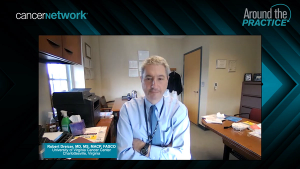
Published: April 6th 2022 | Updated:
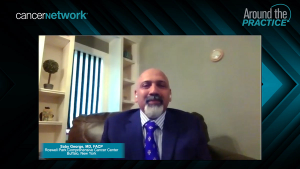
Published: April 13th 2022 | Updated:

Published: April 20th 2022 | Updated:
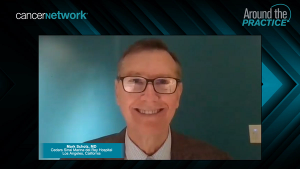
Published: April 27th 2022 | Updated:

Published: April 13th 2022 | Updated:

Published: April 20th 2022 | Updated: